It’s always stressful getting pulled over by the police, especially if you think you did nothing wrong. Your mind races, your palms sweat, and before you know it, you’re saying things you probably shouldn’t. The way you talk to an officer can make all the difference between a warning and a ticket.
If you want the best possible outcome, avoid saying these things when you get stopped.
“I Wasn’t Doing Anything Wrong”
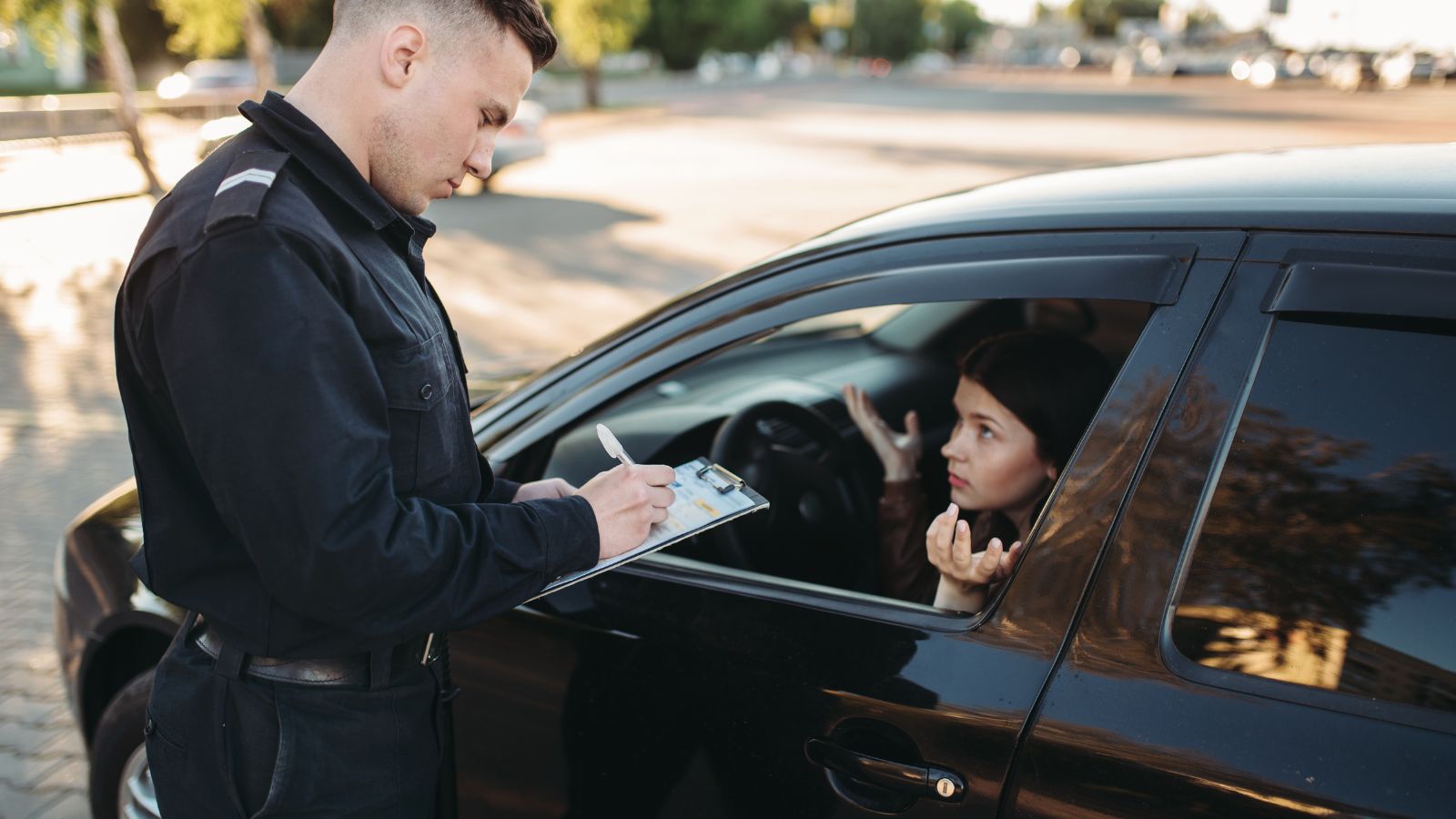
The officer pulled you over for a reason, whether you agree with it or not. Telling them outright that you did nothing wrong will come across as argumentative or even dismissive. Instead of insisting on your innocence, it’s better to stay calm and let them explain why they stopped you. Challenging their decision right away can make them less willing to be lenient.
“Do You Know Who I Am?”
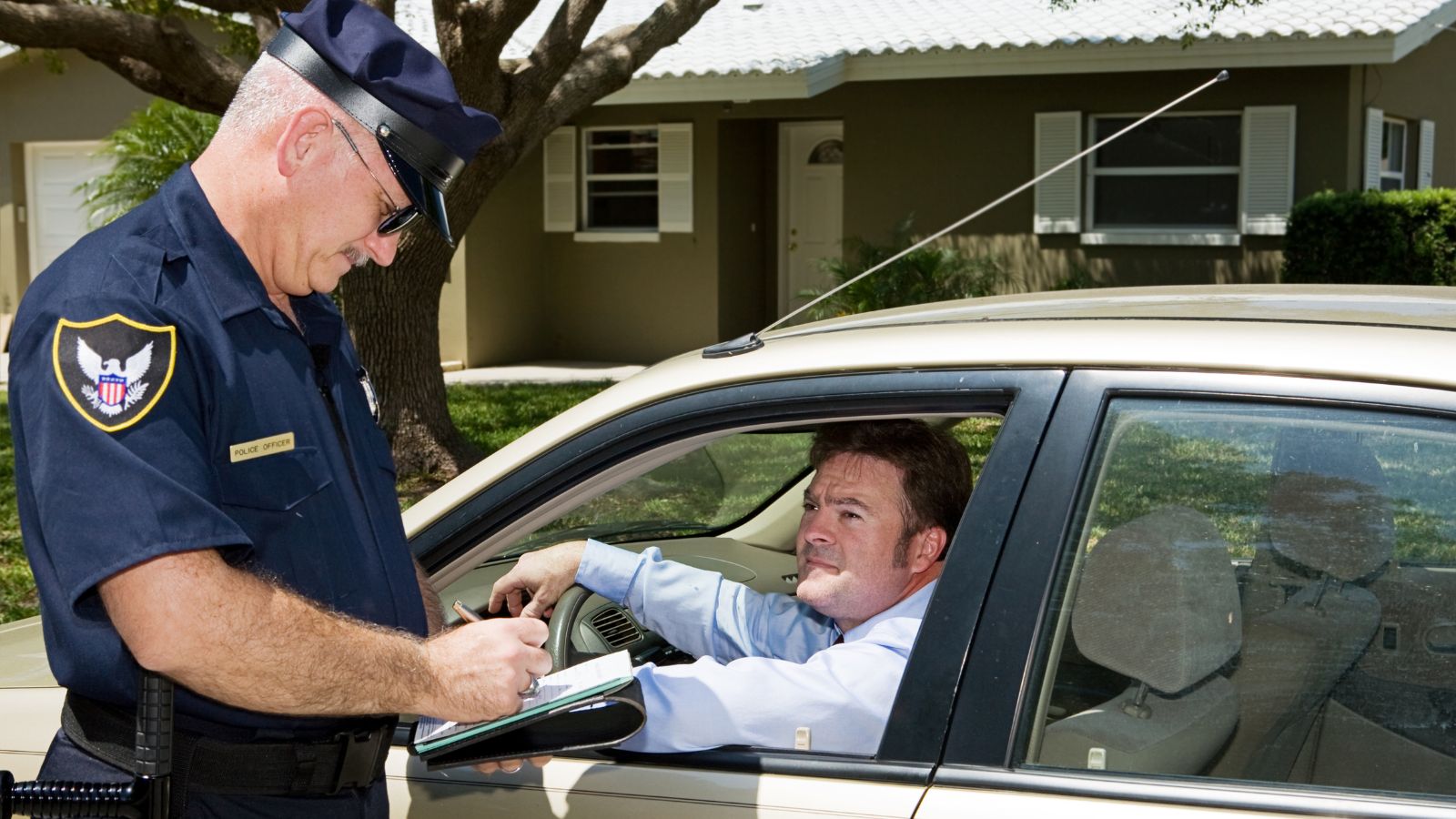
Officers have heard this kind of power play before, and it almost always backfires. Even if you actually know someone in law enforcement or politics, using it as leverage can make you seem entitled.
The police are trained to treat everyone equally under the law, and trying to pull rank will only make them less sympathetic. Being polite and cooperative is far more effective than name-dropping.
“I Pay Your Salary”
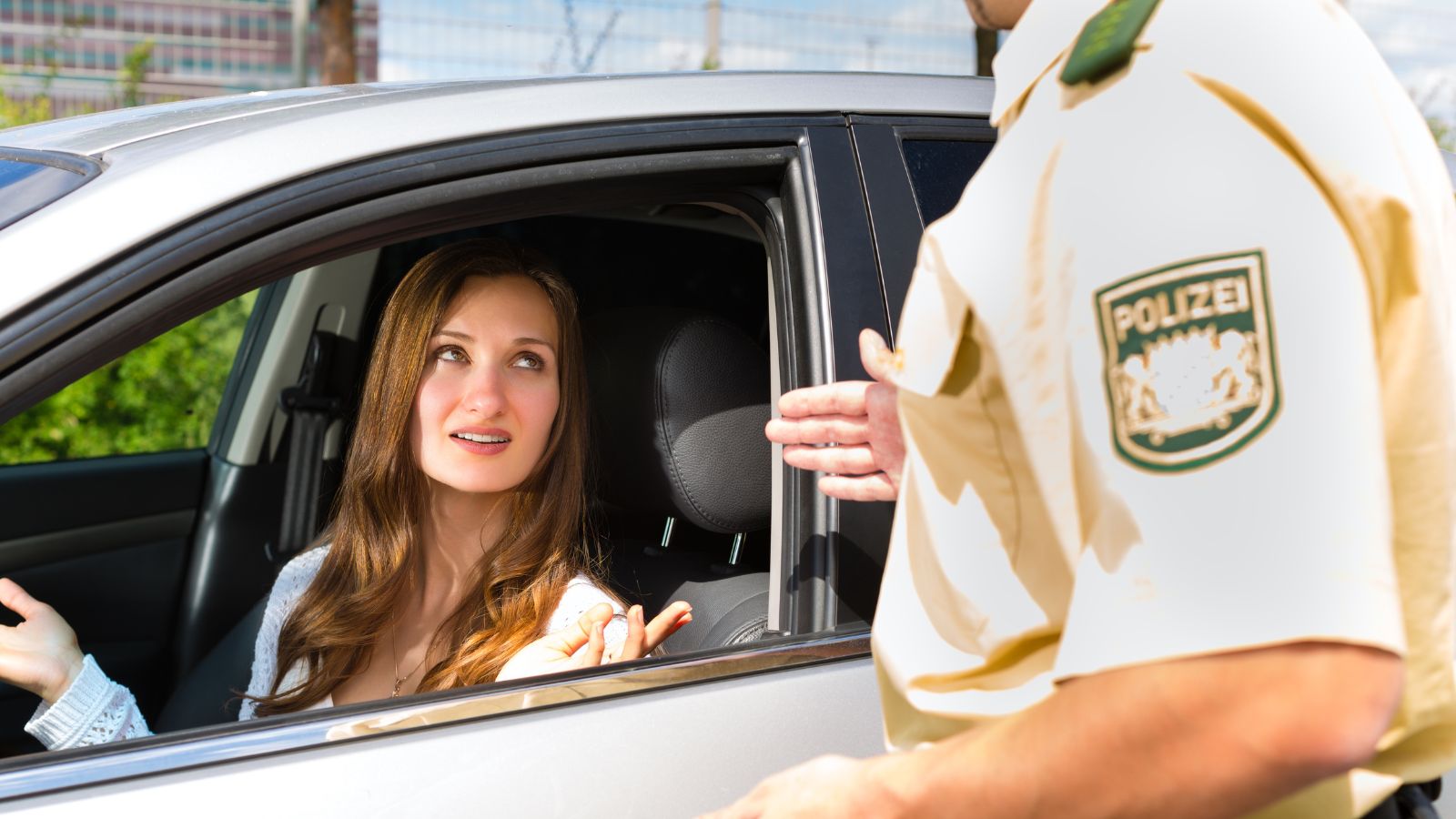
This is one of the worst things you can say. It won’t earn you any points with the officer, and it definitely won’t get you out of a ticket. Yes, taxpayers fund public services, but saying this comes across as disrespectful and confrontational. Police officers deal with difficult people every day, and hearing this line won’t make them any more inclined to let you off easy.
“Can You Just Let Me Go With a Warning?”
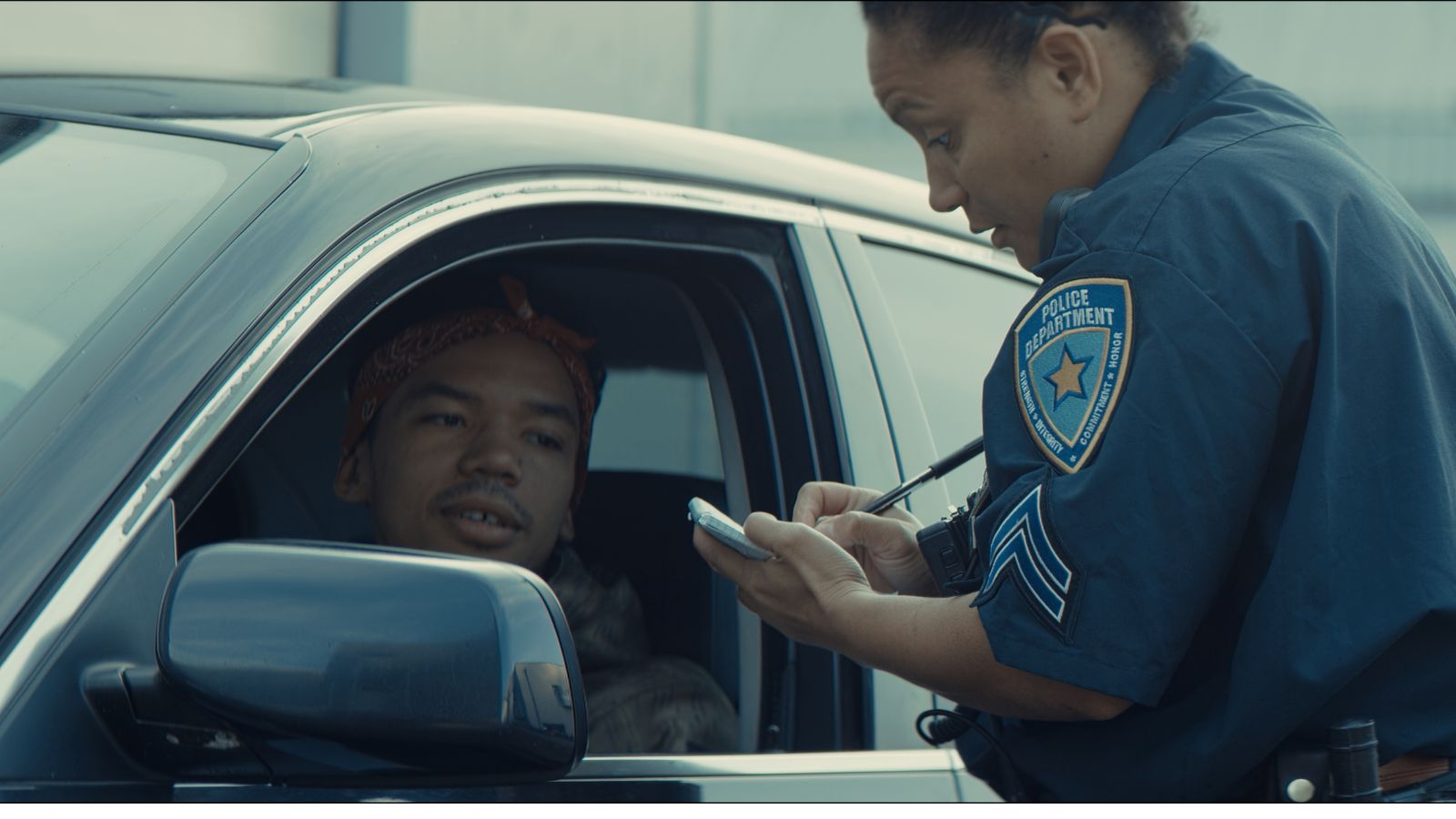
Officers make their decisions based on the situation, and trying to push for a different outcome can come off as manipulative. If they were considering giving you a break, this kind of request might make them reconsider. The best approach is to let them do their job without pressuring them.
“I Know My Rights!”
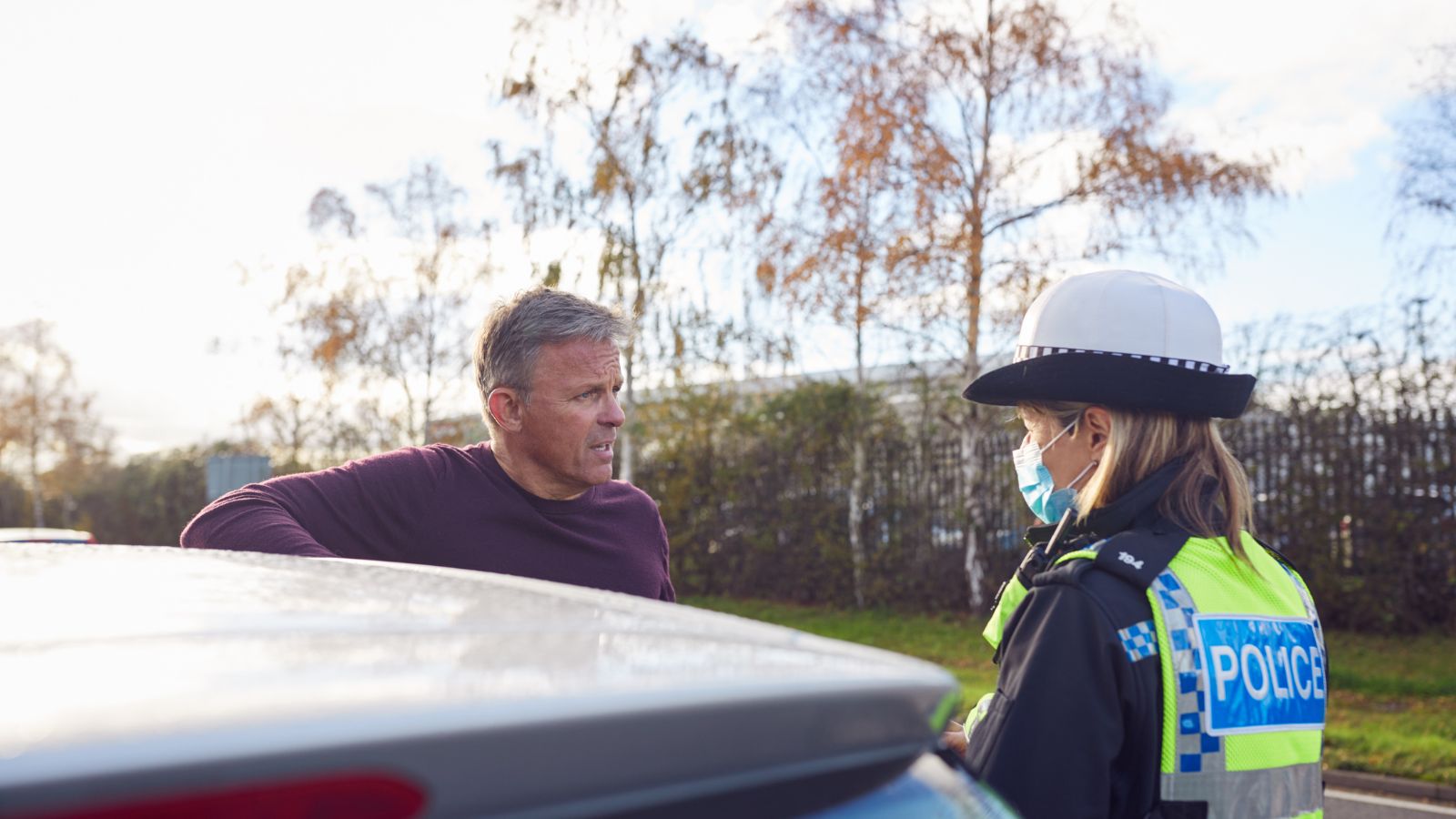
While knowing your rights is important, announcing it in the middle of a traffic stop isn’t helpful. Cops see see this as an aggressive statement rather than an informed one. If you truly feel your rights are being violated, the best course of action is to remain calm, comply with lawful orders, and document the interaction if necessary.
“I Was Just Keeping Up With Traffic”
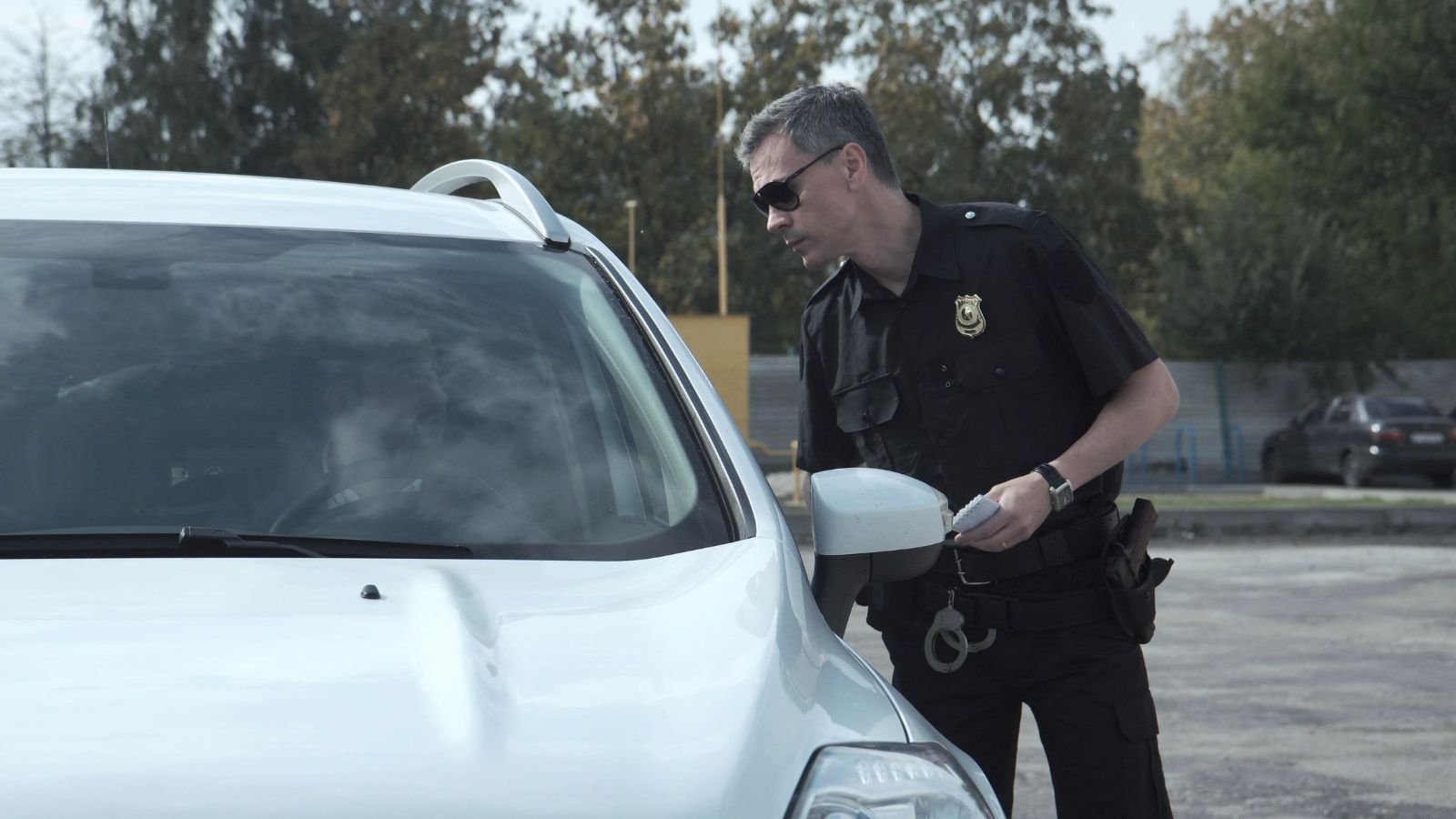
It might seem like a reasonable excuse, but it’s one the police hear all the time. Just because other drivers are speeding doesn’t mean it’s legal for you to do it too.
Officers won’t let you off the hook simply because others are also breaking the law. Admitting this just confirms that you were, in fact, speeding.
“Why Aren’t You Stopping That Other Car?”
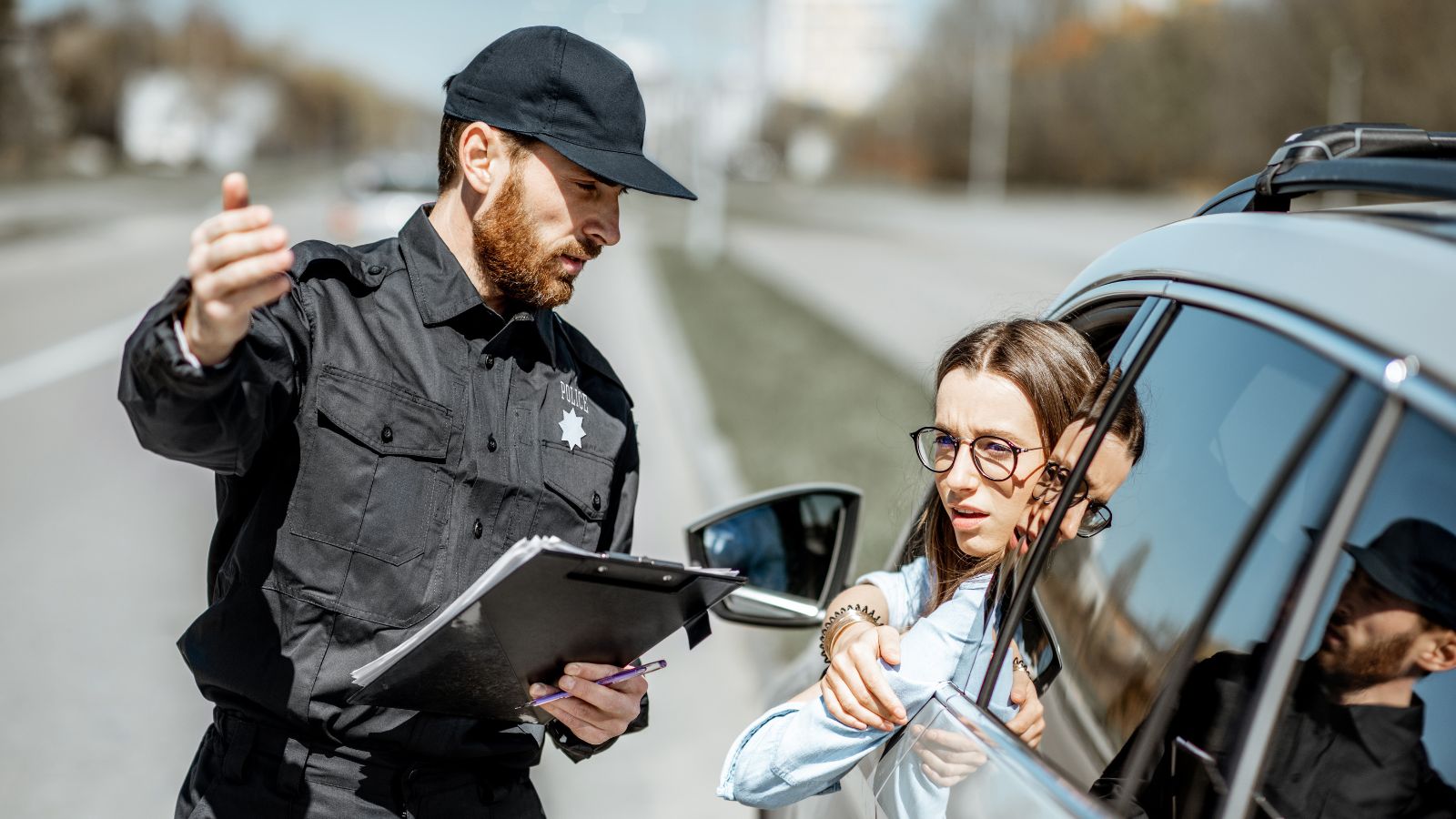
Police can’t pull over every single offender at once, and just because someone else is getting away with something doesn’t mean you will. Bringing up other drivers only makes you seem defensive and uncooperative. The focus of the stop is your behavior, and trying to shift the attention elsewhere won’t get you out of trouble.
“I Was in a Hurry”
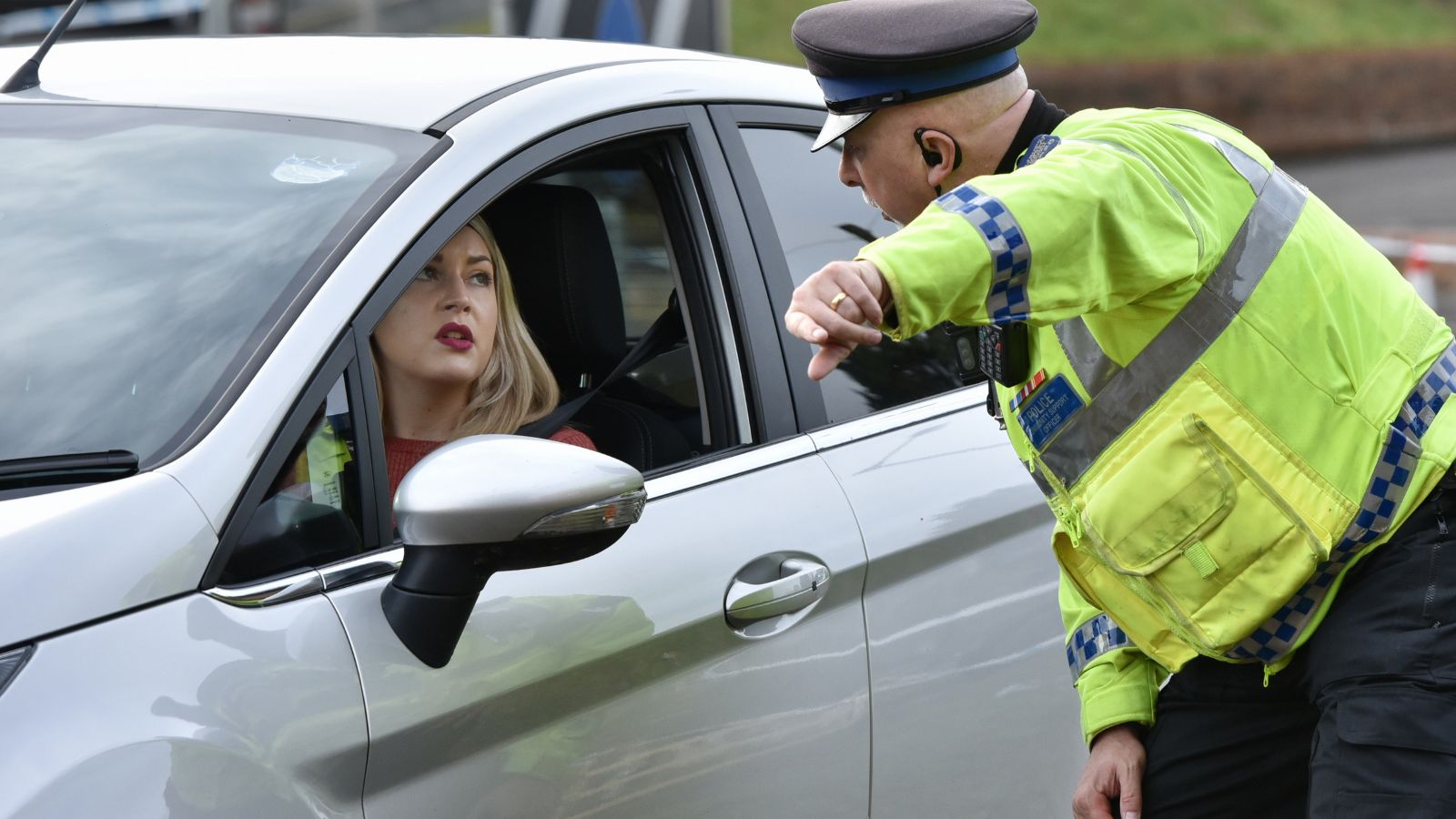
We all lead busy lives. Rushing to work, picking up your kids, or running late for an appointment might feel like valid reasons to speed, but they won’t hold up in front of a cop. They’ve heard it all before, and they aren’t likely to be swayed by your schedule.
Traffic laws exist to keep everyone safe, and being in a hurry doesn’t make it okay to break them.
“Are You Sure?”
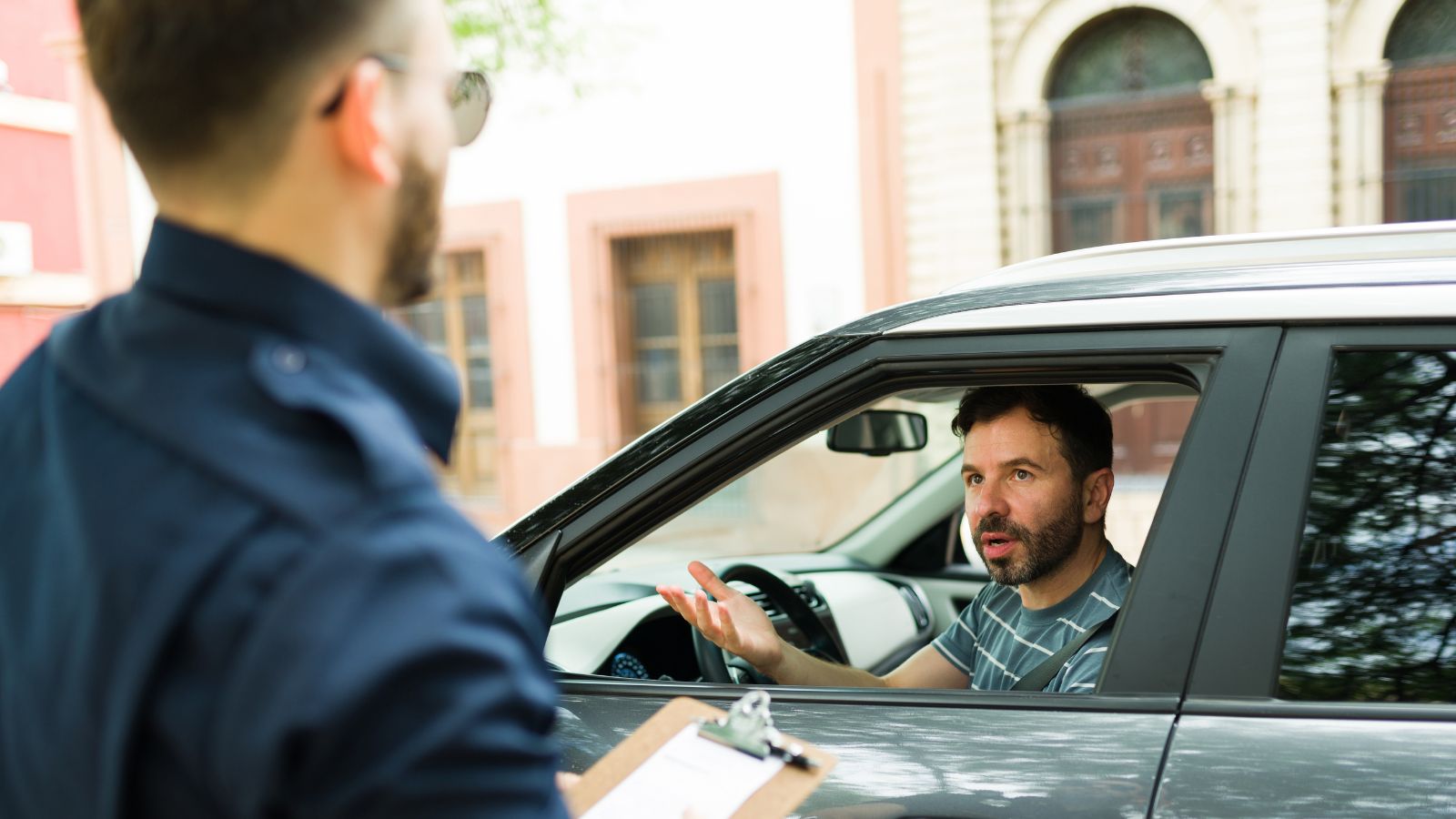
To question the officer’s judgment is never a great idea. Asking this question makes it sound like you’re doubting their competence, which won’t do you any favors. If you truly believe there’s been a mistake, the right place to challenge it is in court, not on the side of the road. Keep the conversation respectful to avoid escalating the situation.
“I Only Had One Drink”

To admit to any level of drinking before driving is a bad move. Even if you think you’re under the legal limit, mentioning alcohol at all will lead to more scrutiny. Officers may decide to conduct a field sobriety test or breathalyzer based on your statement alone.
If you’re asked whether you’ve been drinking, it’s best to politely decline to answer. The less you say about alcohol, the better. Anything you admit could be used against you later.
“This Is Ridiculous”
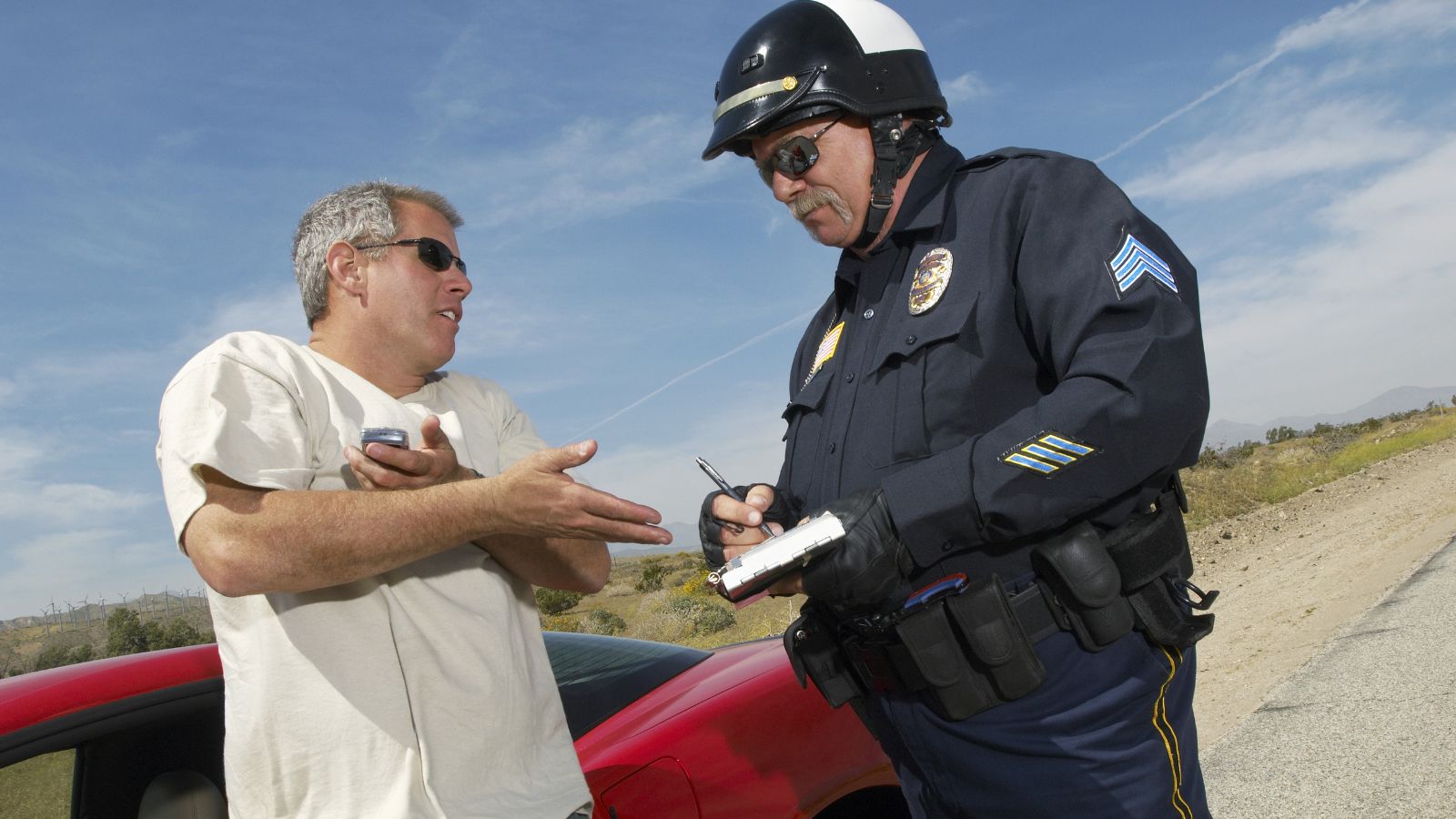
Frustration is understandable, but saying this won’t change anything. It only makes you sound argumentative and difficult. Police officers have a job to do, and expressing outrage won’t make them rethink their decision. The more cooperative and calm you are, the more likely they are to treat you leniently.
“I Didn’t See the Speed Limit Sign”
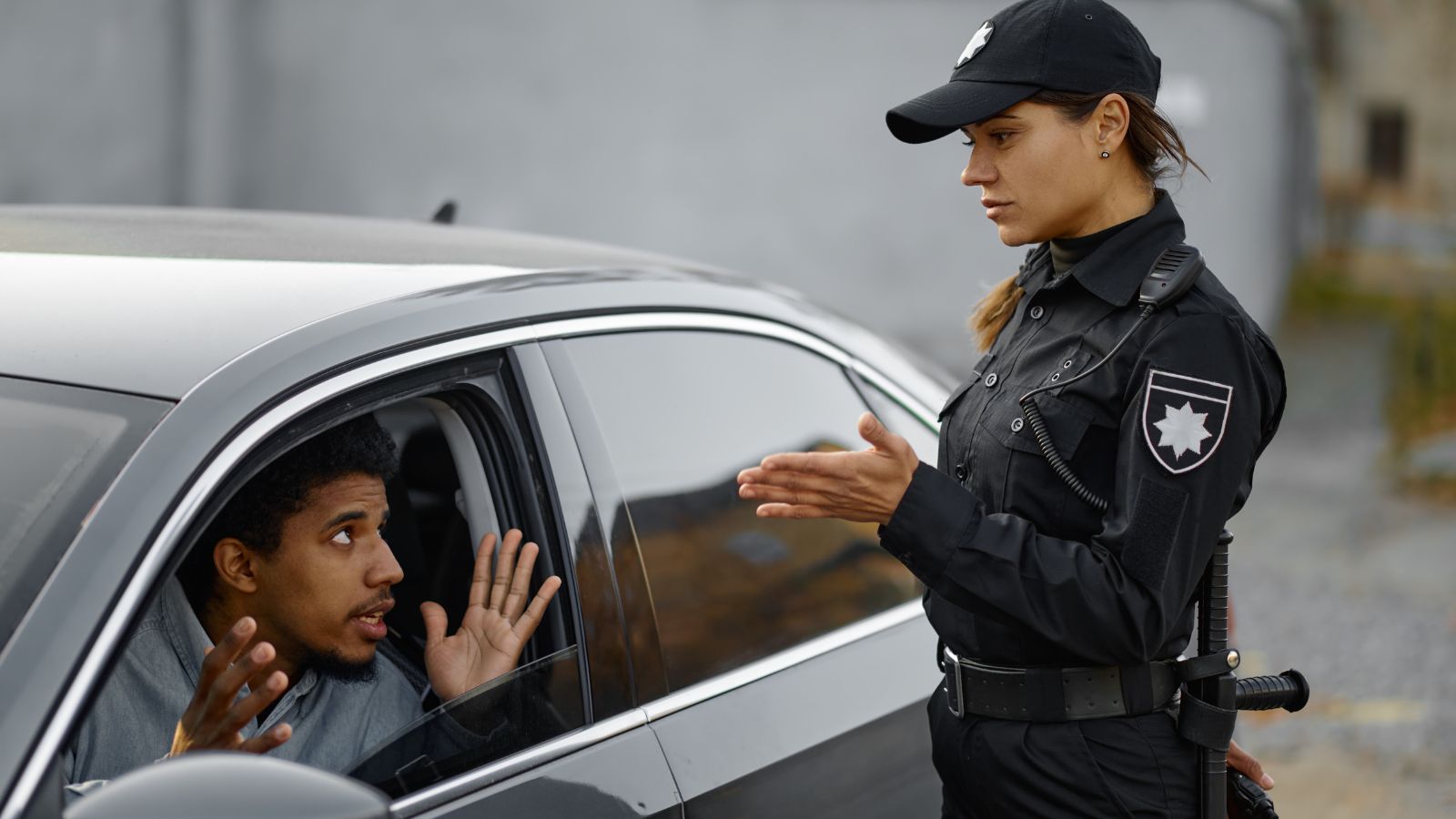
Not knowing the speed limit isn’t a valid excuse. As a driver, it’s your responsibility to pay attention to road signs and adjust your speed accordingly. Officers hear this all the time, and it rarely makes a difference in whether they issue a ticket.
“I Know a Lawyer”
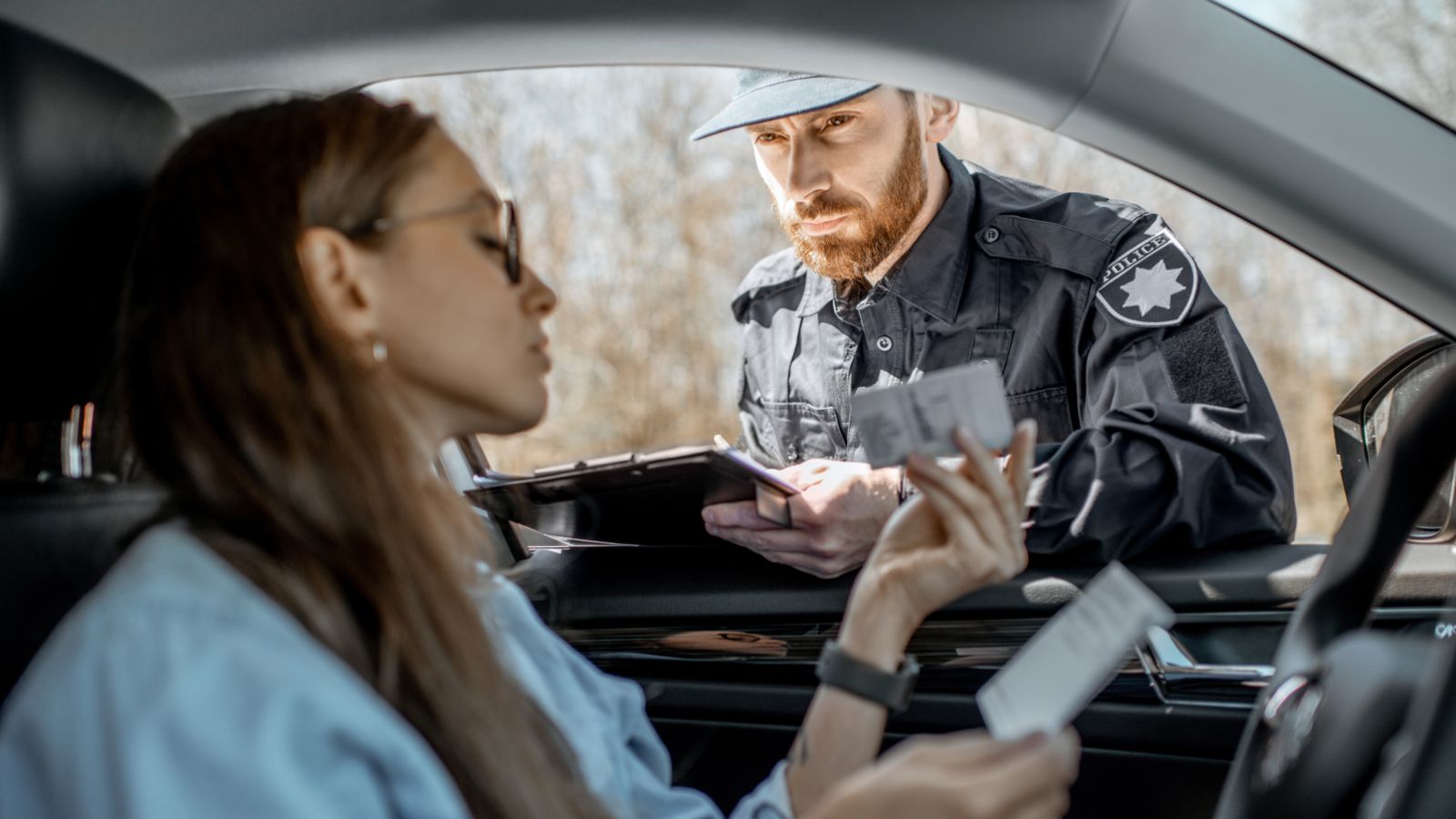
You can know anyone and everyone, but it won’t help your cause. Threatening legal action during a traffic stop doesn’t intimidate or impress cops. If anything, it will make them less willing to be lenient.
If you truly feel the ticket or stop was unfair, take it to court. Dropping hints about a lawyer during the stop won’t change the officer’s mind.
“I Didn’t Realize I Was Speeding”
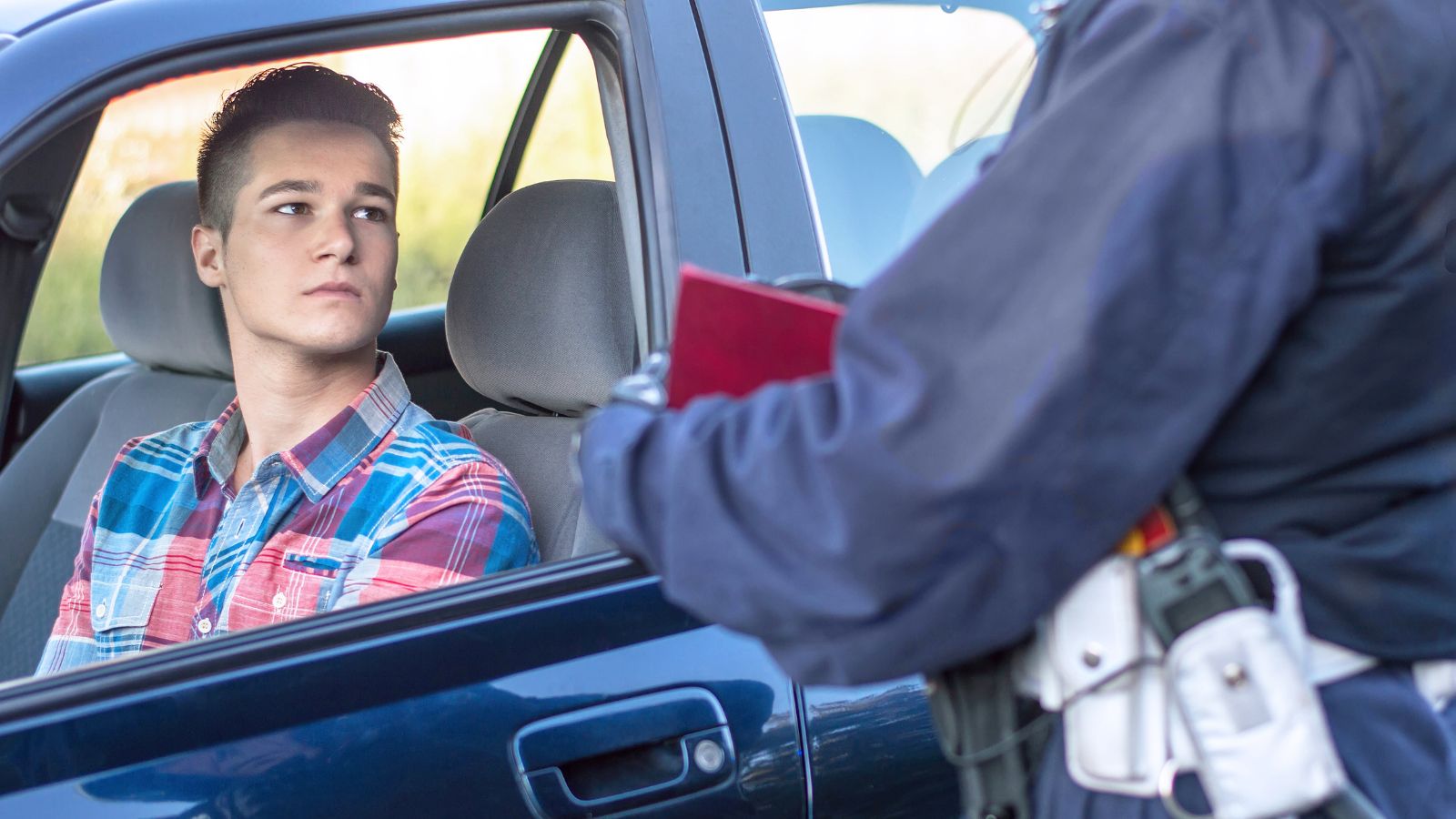
This might be true, but it doesn’t make it any better. Traffic laws are still in effect whether you were aware of your speed or not. Admitting you weren’t paying attention to your speed just confirms that you were driving badly. It’s better to listen to what the officer says, remain respectful, and avoid saying anything that could make the situation worse.
“What’s the Big Deal?”
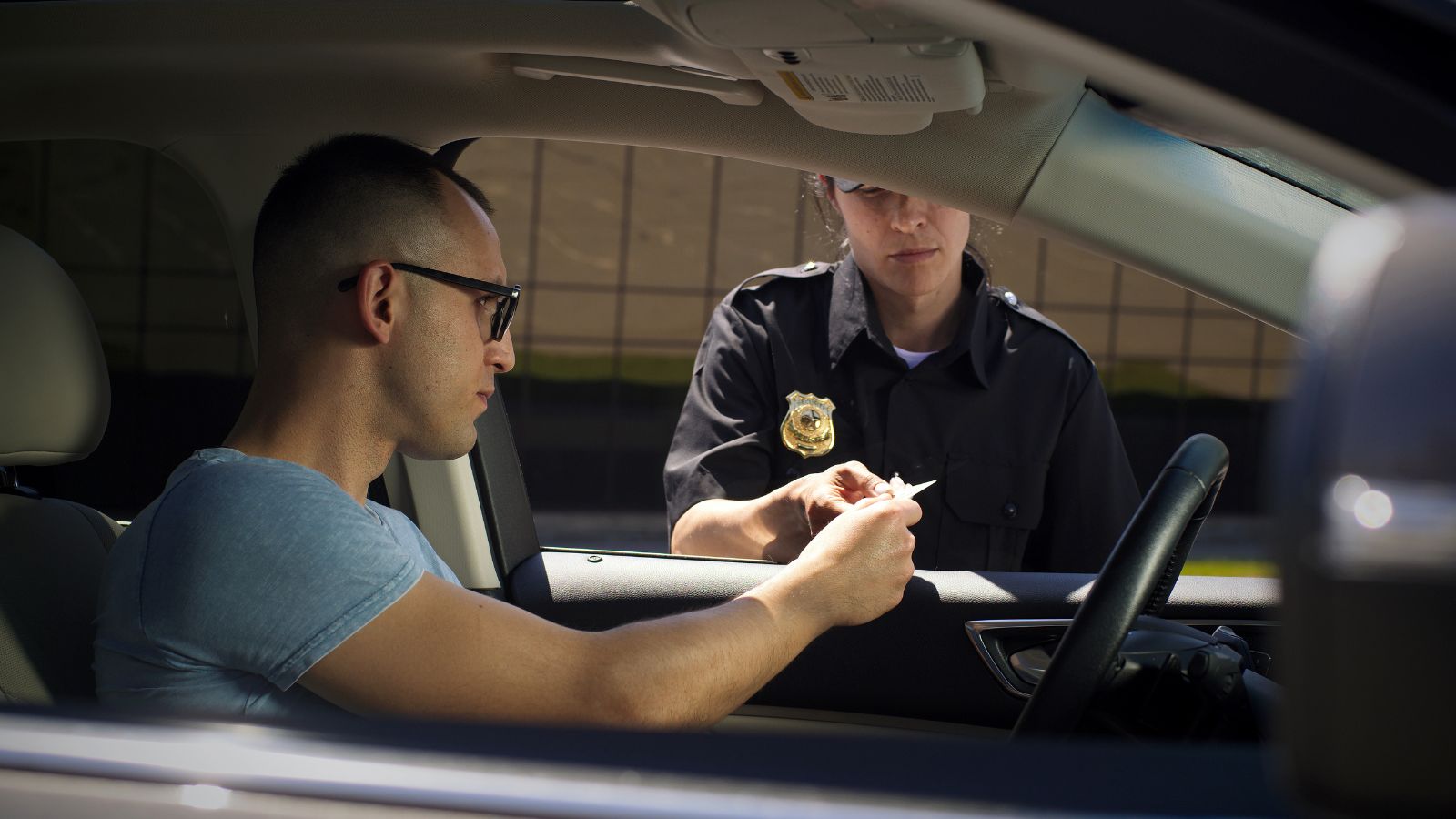
Dismissing the seriousness of the stop is a surefire way to irritate an officer. Police don’t pull people over for fun. Saying this makes it seem like you don’t respect the law or their authority. Even if you think the violation is minor, the officer doesn’t see it that way. Acting indifferently or brushing off their concerns can turn a simple traffic stop into something more complicated.
